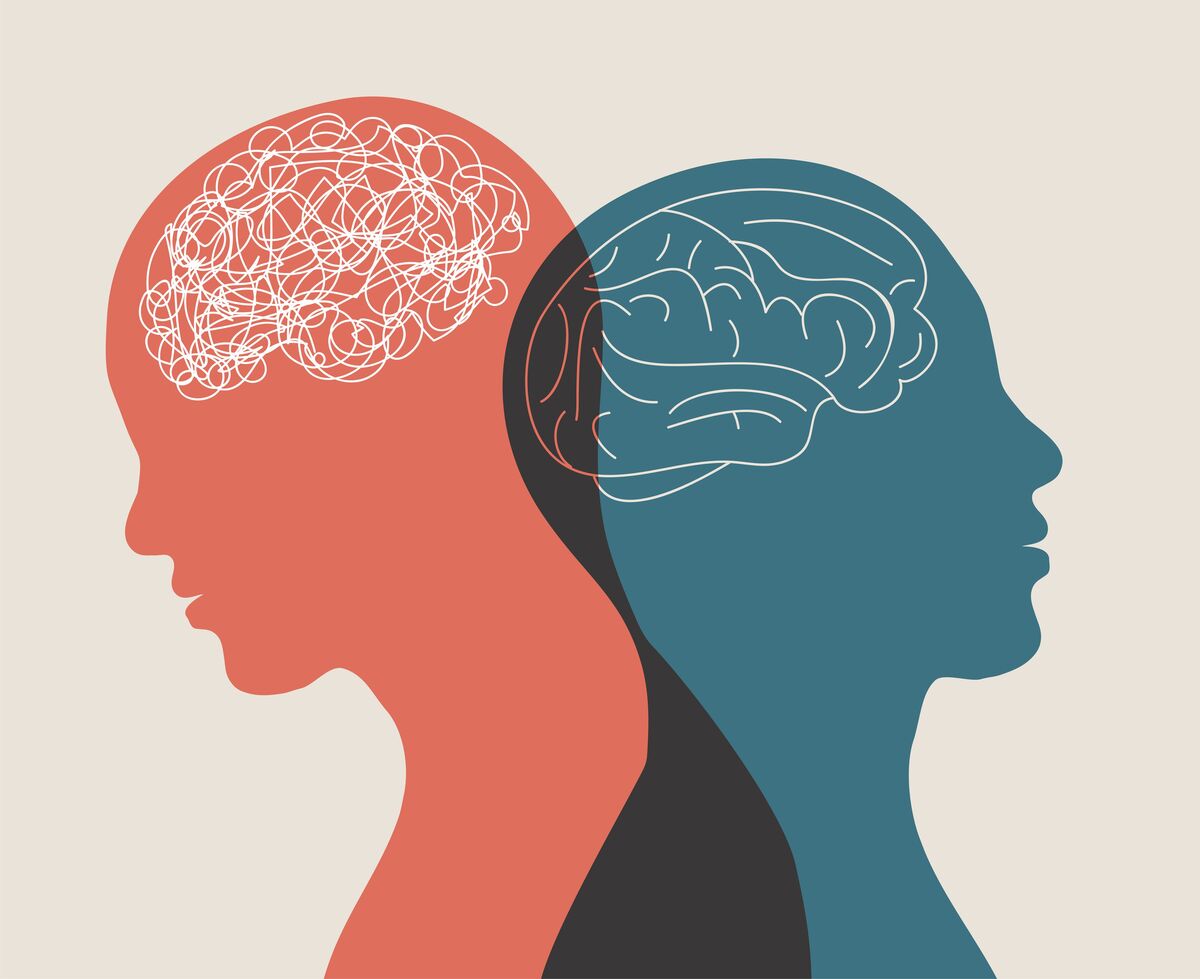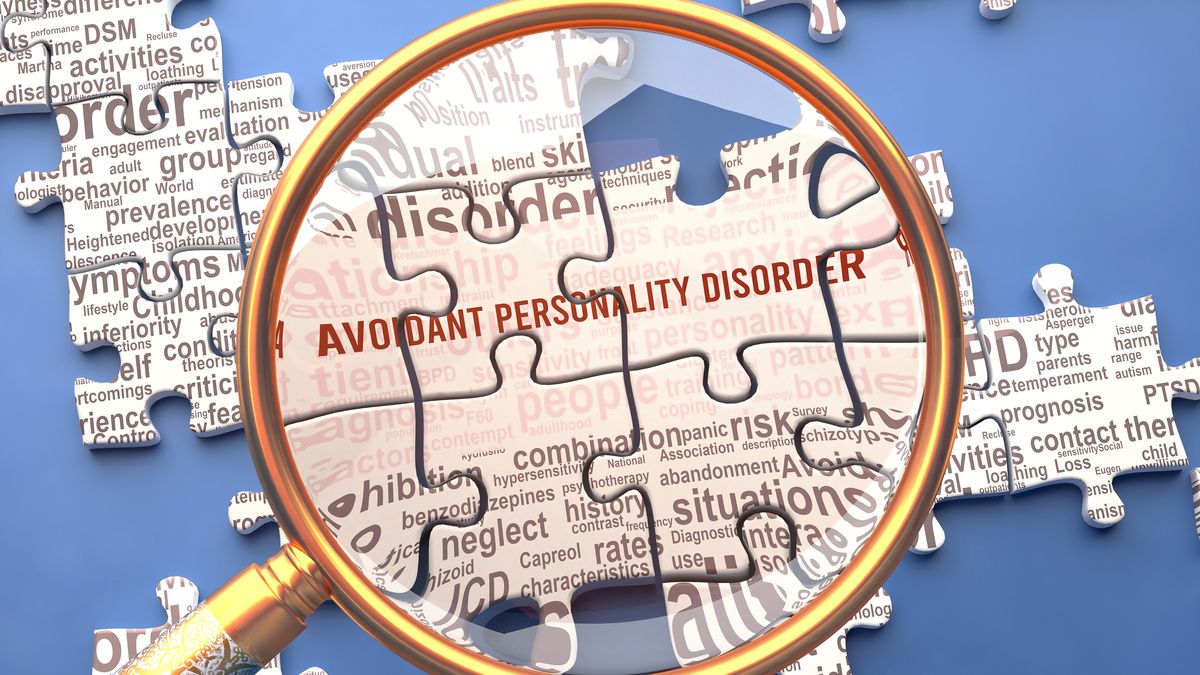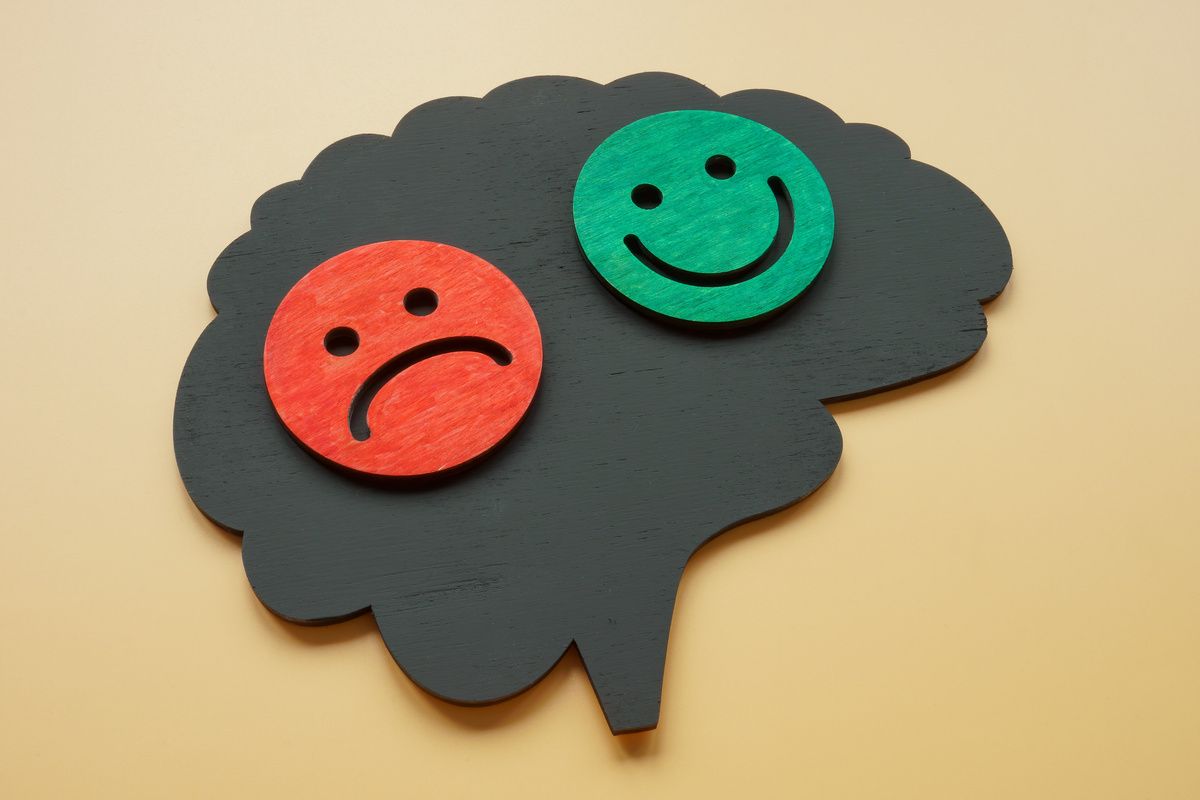Blog

PHP for Alcohol Treatment
PHP Alcohol Treatment Alcohol addiction is a pervasive issue, deeply affecting individuals and their families. Finding the right treatment is crucial for those seeking to reclaim control over their lives. Partial Hospitalization Programs (PHP) for alcohol treatment...

PHP Drug Treatment
Drug addiction, a complex health challenge, necessitates effective treatment paths for recovery. Rising Phoenix Wellness champions PHP for Drug Treatment. Partial Hospitalization Programs (PHP) as a comprehensive solution, seamlessly integrating the intensity of...

Partial Hospitalization Program Benefits: 15 Ways They Help
Exploring the Partial Hospitalization Program benefits unveils a path to recovery that many might not know exists. In the realm of addiction treatment, options range from intensive inpatient care to flexible outpatient services. Each has its unique approach, catering...

How to Recover from Addiction: Can You Ever Fully Recover?
We know that everyone’s definition of recovery is different, which leads us to the question we hope to answer today: can you fully recover from addiction?

Thriving with Attention Disorders
100+ Successful Tips for Adults with ADHD or Other Disorders Living with ADHD (Attention Deficit Hyperactivity Disorder) or ADD (Attention Deficit Disorder) as an adult can present unique challenges. But with this comprehensive list of valuable tips for adults...

Childhood Trauma: 10 Great Treatments to Help Heal
Curious about the process of healing childhood trauma in adults? This is a common inquiry for many individuals.
The enduring effects of distressing and painful childhood experiences can cast a profound and enduring shadow over our adult lives. Whether stemming from physical abuse, sexual abuse, emotional abuse, neglect, or the witnessing of violence, childhood trauma can leave a profound and long-lasting imprint.
This trauma has the capacity to permeate every facet of our existence, making it difficult to establish healthy connections, manage emotions, and elevating the susceptibility to mental health challenges.

What is a PHP & How Effective is a Partial Hospitalization Program?
If you’ve ever wondered, ‘What is a partial hospitalization program (PHP)?’ or pondered the impact of such programs, you’re in the right place.”
In this article, we’ll journey through the key aspects of PHP, from understanding its purpose and structure to its effectiveness and who administers it. By the end, you’ll have a comprehensive understanding of how PHP programs can be a vital bridge to mental wellness and recovery.
Let’s explore PHPs, shining a light on what they are, how they work, and how they can lead you on a path to better mental health.

Navigating The Challenges of A Dual Diagnosis
The article explores the concept of dual diagnosis, which refers to the co-occurrence of substance abuse disorders and mental health issues. It highlights the interconnectedness of these disorders, as they often feed off each other in a downward spiral. Common mental health disorders that co-occur with substance abuse include anxiety, depression, bipolar disorder, schizophrenia, and PTSD. The article emphasizes the need for specialized treatment programs that address both conditions simultaneously. It provides tips for navigating the challenges of dual diagnosis, such as seeking help, finding a specialized treatment program, using evidence-based treatments, developing a support system, practicing self-care, managing stress, avoiding triggers, and staying committed to treatment. Rising Phoenix is presented as a resource that offers understanding, support, and specialized care for individuals facing dual diagnosis.

Overcoming Avoidant Personality Disorder: Steps to Social Engagement
Living with Avoidant Personality Disorder (AVPD) can be challenging due to social inhibition, fear of rejection, and avoidance behaviors. However, recovery is possible by implementing therapeutic approaches, self-care strategies, and engaging in social skills training. This blog post provides a comprehensive understanding of AVPD, its symptoms, and practical steps to manage the disorder and improve social engagement. Seek professional help, challenge negative thoughts, start small, and celebrate progress on your journey to overcome AVPD.

How Does Bipolar Disorder Affect The Brain?
Bipolar disorder has profound impacts on brain structure, function, and neurochemistry, altering areas like the prefrontal cortex, amygdala, hippocampus, and affecting neurotransmitter balances. Understanding these changes is vital for developing effective treatments. This blog post delves into the science behind these alterations, their effects on daily life, and how they contribute to the emotional rollercoaster that characterizes this complex condition.
